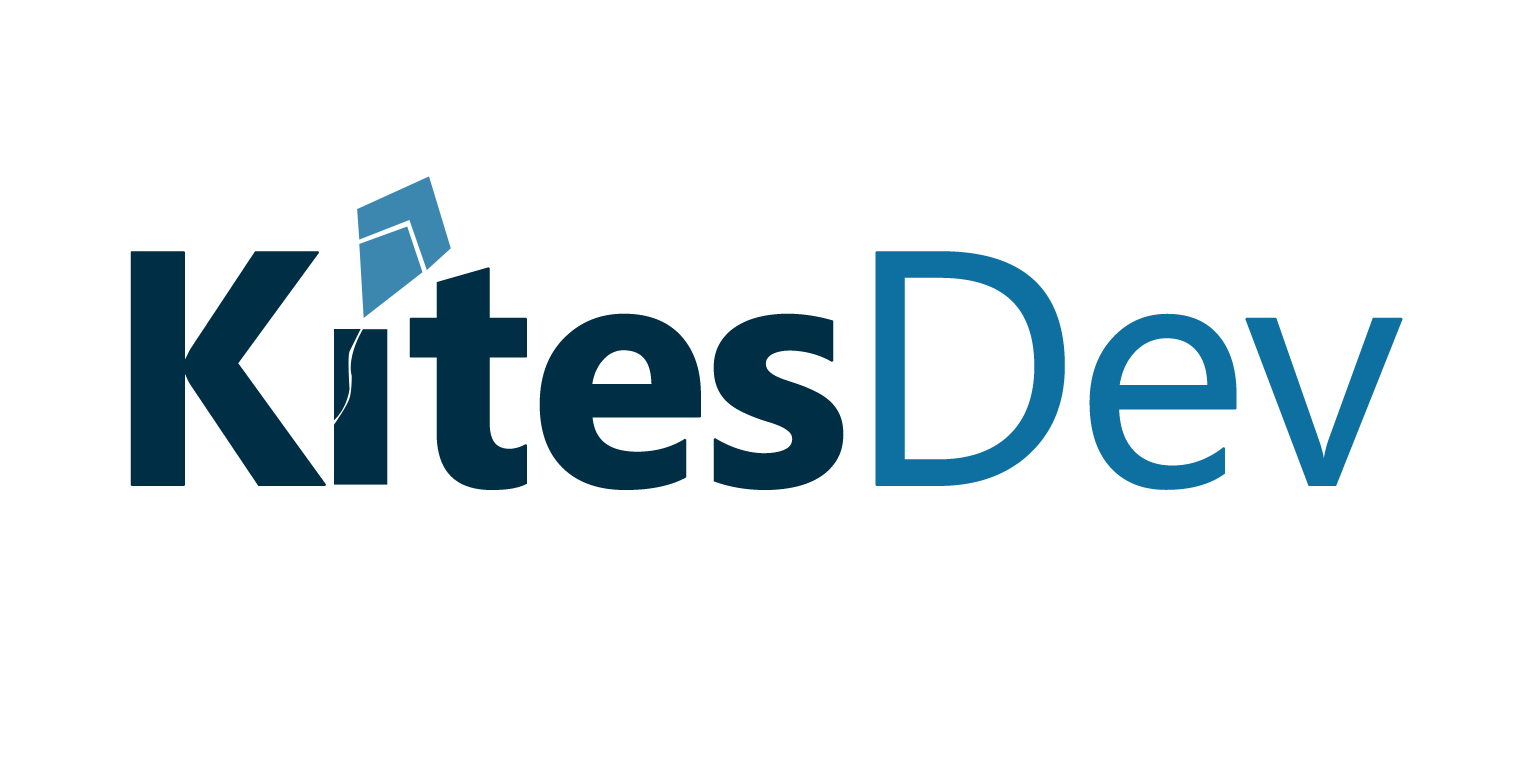How Artificial Intelligence is Changing the Scientific Community
Artificial intelligence (AI) is quickly becoming an integral part of the scientific community. AI is being used to automate processes, analyze data, and develop new techniques and insights. As AI continues to evolve, it is transforming the way scientists conduct research, share information, and collaborate. Here’s how AI is transforming the scientific community.
Automating Processes
AI is being used to automate tedious and time-consuming processes in the scientific community. For example, AI can be used to analyze data and generate insights faster than traditional methods. This allows scientists to focus their time and energy on more important tasks. AI can also be used to automate processes in research labs, such as tracking experiments, organizing data, and optimizing workflows.
Analyzing Data
AI is being used to analyze large datasets and uncover insights that may have otherwise been overlooked. AI can be used to detect patterns, trends, and correlations that can help scientists make better decisions. AI can also be used to identify anomalies and outliers, which can lead to new discoveries and breakthroughs.
Developing New Techniques
AI is being used to develop new techniques and approaches to solving scientific problems. For example, AI can be used to develop new algorithms that can be used to analyze large datasets and uncover insights. AI can also be used to develop new models and simulations that can be used to understand complex systems and processes.
Collaboration
AI is also being used to facilitate collaboration between scientists. AI applications can be used to streamline communication between scientists, allowing them to quickly share information and collaborate on projects. AI can also be used to identify potential collaborators and connect them with one another. This helps scientists to more effectively collaborate and work together to solve complex problems.
AI is quickly becoming an integral part of the scientific community. AI is being used to automate processes, analyze data, and develop new techniques and insights. AI is also facilitating collaboration between scientists and helping them to quickly share information and work together to solve complex problems. As AI continues to evolve, it will continue to transform the way scientists conduct research and collaborate.




